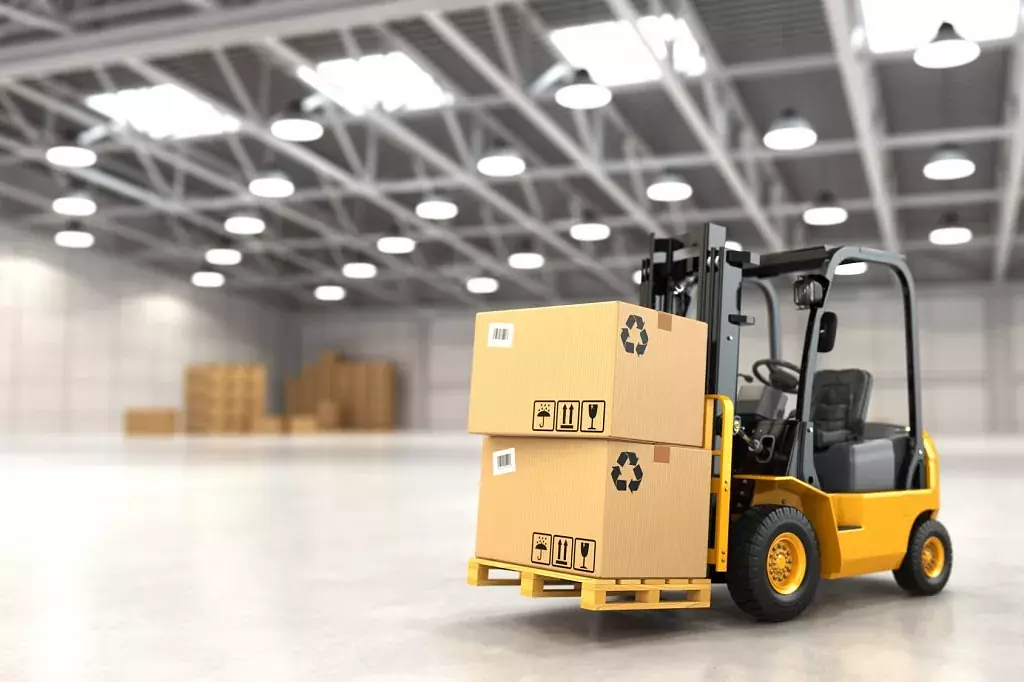 When purchasing a forklift, there are many factors that need to be taken in to consideration. First is overall price. Second is value. Value can be derived from a variety of variables, including expected usage, anticipated lifespan and the function and role of the device itself. There are many manufacturers that all offer innovative technology to help any organization meet their material handling needs. When purchasing a forklift, it is important to do your research and find the right model that fits your warehouse, your workplace. Here are three things to look for when buying a forklift:
When purchasing a forklift, there are many factors that need to be taken in to consideration. First is overall price. Second is value. Value can be derived from a variety of variables, including expected usage, anticipated lifespan and the function and role of the device itself. There are many manufacturers that all offer innovative technology to help any organization meet their material handling needs. When purchasing a forklift, it is important to do your research and find the right model that fits your warehouse, your workplace. Here are three things to look for when buying a forklift:
New or Used?
This is the age old question that circles the minds of all prospective buyers. Purchasing a new forklift will cost more than acquiring a used forklift. However, with used forklifts you gain peace of mind, knowing that it’s been tested before and can withstand the jobs you need it for. With used forklifts, in many occasions it may be difficult to ascertain previous repair history or any functioning problems the device may have had over the span of its life. If you elect to purchase a used forklift, it is essential that the machine is acquired from a reputable dealer or distributor that can provide a comprehensive history of the use of the machine and any problems that it may have incurred.
Warranties, To Be or Not To Be?
Warranties can be an exceptionally beneficial tool, especially when acquiring a new forklift. Warranties may raise the price more than desired, but in the long-term a warranty can yield bountiful savings. In addition, warranties can be applied and directed to a general or broad scope or tailored to a specific part of the vehicle, such as the transmission or power train. In any event, it is a wise move to acquire a warranty because it can insure parts of the forklift for up to the life of the machine. Thus, any repairs or malfunctions will be handled and completed free of charge and can save any organization thousands of dollars over the course of the lifespan of any forklift.
Type of Forklift
This is another consideration that must be met when shopping for a forklift. The type or variety of forklift must suit the needs of the material handling application and the general utilization requirements and specifications of any organization. Generally narrow aisle forklifts are cheaper than larger forklifts. This is due to a variety of reasons. First, the machine itself is cheaper as it requires less parts and time to produce. Second, narrow aisle forklifts require less maintenance and less fluids to operate as their function is simple and limited. Narrow-aisle forklifts are better for tight mezzanines and tiers where traditional forklifts are virtually inoperable. However, traditional forklifts are more ideal for heavier bulk and general use, it really depends more on the scenario and situation. In any event, it is prudent to assure that the job fits the device and the personnel are readily capable of using the new addition to the fleet.
